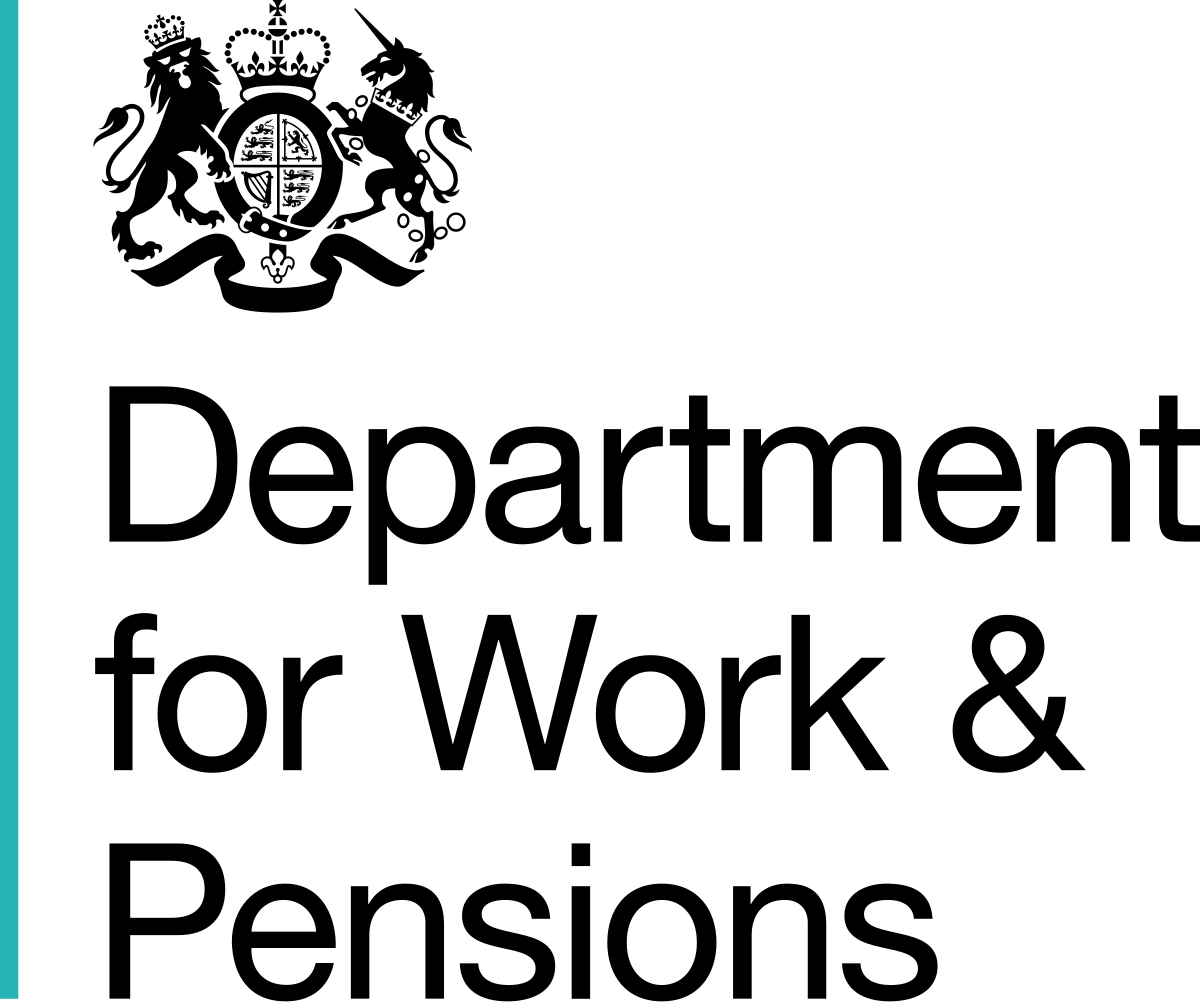Chris Kingsbury, our National Partnerships Manager, explores the difficulties poor mental health can present to smaller businesses — and how the Access to Work Mental Health Support Service can help to fill the gaps.
Small and medium-sized enterprises (SMEs) are a mainstay of the UK economy, employing more than half (53.6 per cent) of the country’s private sector workforce.
So, what makes a business an SME?
The UK Government definition covers everything from a one-person sole trader to a company employing up to 250 people — perhaps larger than you might have thought.
But one thing they all have in common is that — like all human beings — their staff can get stressed, experience anxiety, feel depressed or have other mental health challenges.
According to the Mental Health Foundation, around 70 million workdays are lost overall in the UK each year due to mental health problems, costing employers approximately £2.4 billion per year.
Difference in scale
Large businesses often have a good safety net for employees, providing company-funded employee assistance programmes (EAPs), occupational health services and even in-house wellbeing teams.
But many smaller firms simply don’t have the resources or know-how to match that support, and this is exactly where the Access to Work Mental Health Support Service can come in.
We can be your wellbeing team, stepping in to offer confidential support to employees who are struggling.
Even if they don’t have an official diagnosis, we can help them to cope with their conditions and support them to stay in work.
And because the service is funded by the Department of Work and Pensions, there is no cost to employer or employee.
Work-focused support
Our Vocational Rehabilitation Consultants (VRCs) are experts at supporting people with mental health conditions — and will work with your employee to create a Wellness Recovery Action Plan.
The service does not offer therapy or any other clinical service. Instead, it focuses on practical, work-focused steps which can be taken by employee and employer.
For the employee, this will involve coping skills — giving them practical techniques and strategies to manage their condition and to help them to enjoy their work again.
For employers, our support includes educating proprietors or managers about the relevant mental health conditions and recommending adjustments which can help the employee complete their duties.
These workplace adjustments might include working from home more, working fewer hours, changing duties to avoid stressful tasks or using different communication methods.
Eligibility
Because we know that mental health can affect anyone, the eligibility criteria have been made as broad as possible.
To access support, an individual must:
- Be in some form of paid employment (any hours, including apprenticeships and people signed-off sick)
- Be experiencing symptoms of a mental health condition (diagnosed or undiagnosed)
- Have had their productivity, attendance or general wellbeing at work affected by those symptoms
The mental health condition does not have to be their primary health issue, and the triggers for it do not have to be linked to the workplace.
Refer an employee for mental health support
As an employer at a small or medium business, you can refer an employee (or yourself) via our website or call us on 0300 456 8114.





